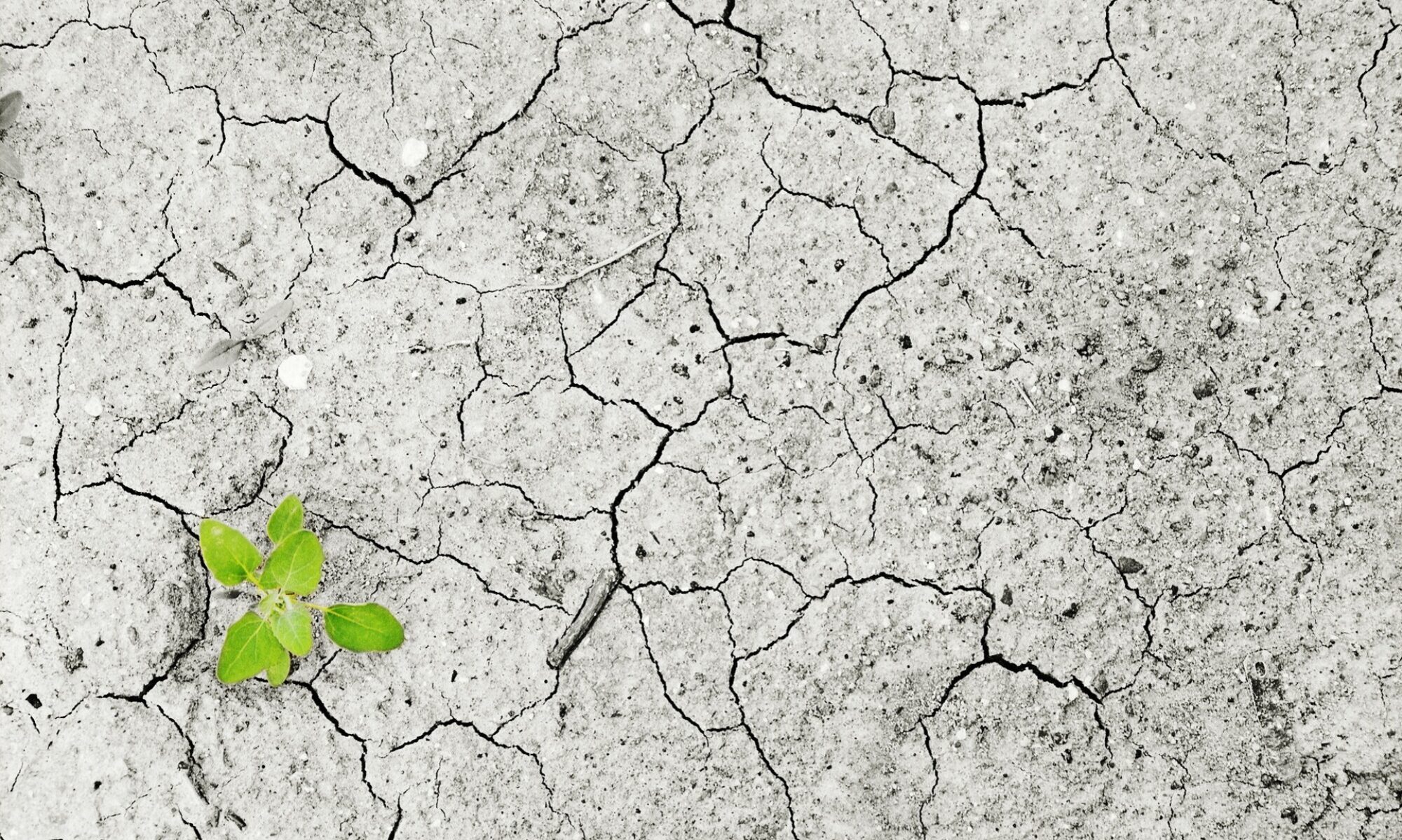11 June 2023 – by Cosmo Sanderson
The European Commission has warned its member states to brace for the “spill-over effects” of the climate crisis, setting out a new raft of proposals for dealing with the increased conflict and migration it will cause.
Rising sea levels, rising temperatures and extreme weather events all “threaten the health and well-being of humanity,” said the Commission in its joint communication last month with the EU’s High Representative for Foreign Affairs and Security Policy, Josep Borrell.
The Commission and Borrell set out around 30 actions they believe should be taken to prepare member states for the fallout of the climate crisis. These include setting up a data and analysis hub on climate and environment security and launching training platforms at a national and EU level.
The proposals will strengthen climate-informed planning, they argue, as well as enhancing the climate adaptation and mitigation measures of member states’ security and defence forces.
The Commission and Borrell have now invited the European Parliament and the European Council to support the “new outlook on the climate and security nexus.”
The paper, published in June, notes that of the 20 countries that are the “most vulnerable and least prepared” for climate change, 12 were in conflict in 2020.
Instability caused by the climate and lack of resources can be actively used by “armed groups and organised crime networks, corrupt or authoritarian regimes,” says the paper.
Since 2008, an estimated 21.5 million people have been forcibly displaced by weather-related events such as floods and heatwaves every year. These numbers are expected to increase, says the paper, “putting stress” on urban centres where demand for housing, food and jobs may rise – contributing to the “increasing social impacts of climate change.”
Sea-level rise, which UN secretary general António Guterres recently warned could lead to migration on a “biblical” scale, is also labelled a security risk due to the “scale of potential displacement.”
The Commission and Borrell say it is therefore “critically important to continue investing in both climate adaptation and mitigation and in protecting and restoring the environment.”
However, while much is being done in this regard, they say states should prepare themselves for “increased spill-over effects on the European Union.”
The UN special rapporteur on human rights in the context of global warming recently called out the “shocking” number of migrant deaths that take place in Europe and the Mediterranean. He called on countries to help end this by handing humanitarian visas to those displaced by the climate crisis.






